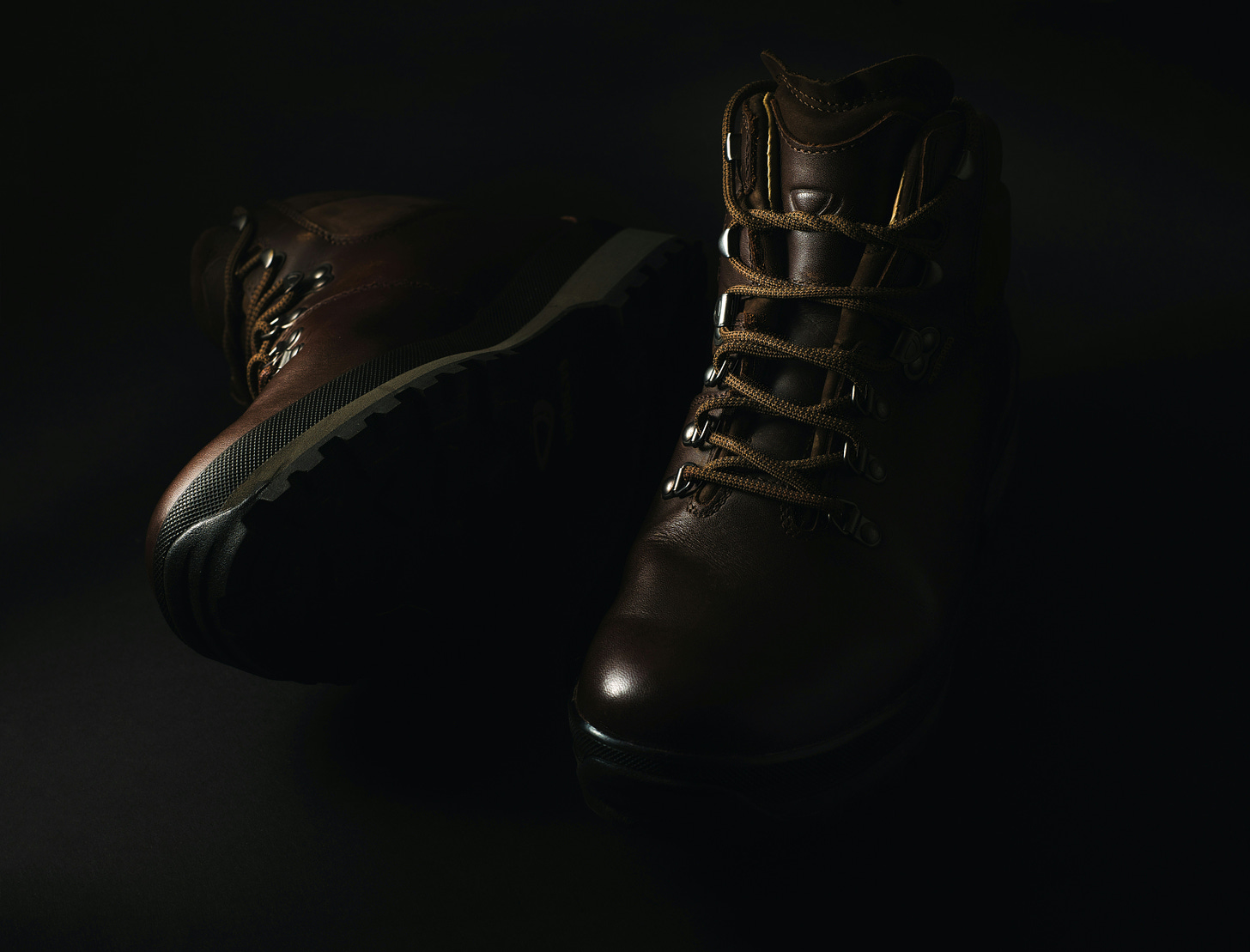
I am grateful to be alive. What are the odds? One in ten billion? Something like that, I’m sure.
But I’m still entitled to be sad about never seeing my family again. I lament the loss of human contact, the absence of sunshine, the sounds of birds, crickets, thunder, and even the garbage pickup that woke me every Monday, Wednesday, and Friday at 5:17 a.m. I miss a billion things.
There’s an ocean a twenty-minute walk from where I now live—who would have thought? But it has no sand, and my new friends tell me it's dangerous even to dip my toes in the water because the carnivorous creatures living in this iridescent blood-red sea would like nothing more than to eat my flesh. I might test that one day if I’m desperate for a swim. After all, just because the monsters eat qualinomes doesn’t mean they have a taste for humans.
Qualinomes, my hosts, landlords, saviors, and companions, stand about four feet tall. They’re bipedal beings with thick stalk-like legs, four wiry arms, and mushroom-shaped heads, which look identical to the mushrooms that are the only food they eat. Qualinomes are black, brown, or gray and have human-like teeth.
Qualinomes are friendly. I’m probably the first alien being they’ve seen.
The mushrooms we eat come in a couple dozen different colors. They are purple, green, yellow, blue—pretty much the full rainbow and everything in between. Their flavor varies by color, and much to my delight, the brown one tastes like chicken.
A forest of gigantic luminescent trees surrounds our village on three sides. Qualinomes, with their silver-dollar-sized eyes, have better night vision than I do, but now that I’ve adapted to the relative darkness, I get around without stumbling too much. I think I’ve been here three months, but who knows?
The qualinomes and I communicate through gestures and talking, though more of the former because I’m still learning their language. It was through frantic gestures that they warned me away from the ocean, which they call Xhortii.
I’ve accepted that I will live among the qualinomes for the remainder of my life.
The only pictures I have of my wife and daughter are on my phone, and its battery has long since expired. I miss them so much. Every day, I cry, sometimes in the morning when I hear Eva’s ten-year-old voice asking, “What’s for breakfast?”—pancakes and bacon are her favorites—and always at night before I sleep.
We launched from Boston on August 2nd for our summer vacation in the United Kingdom. We had wondrous plans, from the London Eye to Stonehenge to Buckingham Palace and more.
The sub-orbital flight from New York to London should have taken forty minutes and twelve seconds at Mach 6.3. Individual passengers are strapped tightly with a five-point harness into their one-person, ballistic capsule’s thick, padded seat. The capsule was claustrophobic, but the flight was short, and there was a voice-operated video screen with hundreds of films to choose from. My capsule, propelled by a magnetic catapult, almost instantly reached its maximum velocity of 7,779 kilometers per hour.
The bullet-shaped hypersonic transport capsule was supposed to land on a one-hundred-meter diameter pad made from a material that absorbs energy, letting the capsule fly without a parachute or retrorocket. But my capsule missed the target.
By how far did my capsule miss? I don’t know and will never know.
What I know is that a quantum computer calculates each capsule’s trajectory, taking into account every known atmospheric variable so it always lands bullseye on the landing pad. Perhaps a freak solar storm or fluctuation in the quantum field sent my capsule off course. The capsule automatically deploys an emergency graphene parachute if the sensors detect an aberration in trajectory, but that failed, too.
My capsule, teeming with kinetic energy, plowed into the center of the Earth.
I’m on vacation, so I may be slow in replying to your comments. (I’m flying on an ordinary subsonic Airbus.)
If you enjoyed this story, I think you’ll also like my short story, The Cry Room.





He miscounted his dimensions. We all do it!
"Twilight Zone" material. Serling did that kind of ending all the time.